“It was the best of times, it was the worst of times…”
Dickens’ words ring true for Big Bear Choppers, which has both drunk from the cup of plenty and tasted from the well of despair. The wine was sweet when sales rang in the $18 million-dollar-a-year range but turned to vinegar when they had to sell everything they’ve got, down to the family home. The company went from cover shots on Hot Bike and Easyrider and stints on TV to the pariah of internet message boards after declaring bankruptcy and failing to deliver on promises.
And while it would be easy to shovel dirt on Big Bear Choppers while they’re down, the company isn’t quite ready for the grave yet. A lifeline came in the form of one Simon Scott, an investor from Jakarta, who was seeking to bring Big Bear Choppers into Indonesia. Scott, along with a long list of others, lost big money when BBC went under, for him to the tune of over $250,000. At that point, nobody would have blamed him for cutting his losses and moving on. But Scott’s background in the mining industry and procurement wouldn’t let him brood over the situation. Instead, he brainstormed on how to turn a negative into a positive, forming his own company, Rage Hard Choppers, in 2011. It is under this new moniker, Big Bear Choppers Rage Hard Built, that he hopes on reestablishing the brand.
In this exclusive interview with both Big Bear Chopper’s new owner, Simon Scott, and its former owner, Kevin Alsop, we ask those involved what went wrong in the past and what the future holds for the company.
“Mona and I have felt extremely guilty over the whole situation because that’s the last thing we would ever want, but it couldn’t be helped. The economy just smashed us to pieces,” Kevin said.
It wasn’t one specific decision that brought Big Bear down, but a series of events that created the perfect storm when the recession hit.
"Truth of the matter is, in August of ’07 I built a 100 bikes a month. The very next month, sales went from 100 to 50. Then they stayed between 30-50 all the way through till about October of ’08. Then they went down to 20, then 15, then during the winter at the beginning of ’09, it hovered around 10-15. In 2010, it went down to about 10 a month. 2011 went down to about five or six a month, worldwide!”
The sagging sales came as a result of people being scared to spend large amounts on “luxury items” while financial institutions stopped lending with the abandon they did prior to the recession. A 2009 lawsuit for bad frame welds didn’t help the matter. Neither did waning popularity here in the States for super-stretched choppers with heavy rakes and monster V-Twins. Then vendors, who began feeling the pinch of the recession themselves, demanded Big Bear pay their bills straight up or to at least double up on payments. This cut into the their budget to the tune of two million dollars at a time when sales dropped 90%. Not exactly the formula for success. Without financing, dealers weren’t selling bikes, which stopped profits from rolling in and bumped up costs for them, and dealers ultimately couldn’t floor the bikes. Big Bear Choppers had repurchase agreements with GE and Textron where, if a dealer went bankrupt, BBC would take the bikes back and redistribute them through another dealer. Only thing is, Textron and GE stopped doing flooring but still wanted BBC to pay for the bikes – without allowing for them to be redistributed to other dealers. So Textron and GE would sell the bikes for 50 cents on the dollar, then turn around and hand Big Bear a bill.
Kevin and Mona said they did everything they could to keep the doors open, taking all the equity out of their home and pouring it into the business in 2010. Kevin sold all his hot rods and toys and put the money back into the business.
“We lived with nothing, I mean nothing, my furniture. I lost everything – I lost $8 million dollars. And everything I owned personally, I poured back into the business to try and stop them from losing anything,” Kevin said.
The Alsops had done everything they could think of, including making a public plea for help on “Bloomberg The Mentor,” a show that pairs entrepreneurs and business execs with struggling companies. Even this last ditch effort failed, and the company had to shut its doors and file for bankruptcy.
“We hung in there as long as humanly possible not because we wanted to screw anybody, but because we didn’t want to screw anybody. The whole time the business people had deposits with us, if I closed the business five years ago, people would have lost their ass, if I closed the business down a year ago, people would have lost their ass, it doesn’t matter when I closed it down because somebody was going to get hurt. It was never the decision to close it down, it was we keep going until we can’t go. That was the plan,” Kevin said.
Unfortunately, Big Bear Choppers joined the list of comparable companies that went under during the recession, including Big Dog Motorcycles and American Ironhorse. But Big Bear has something the other two didn’t: Simon Scott, an investor who doubles as a professional procurer and believes the brand still has merit. But we couldn’t help but open our conversation with Simon with the most obvious question. “Why? Why buy a company whose reputation has been so damaged?” This is what Scott had to say.
“A little bit of history to clarify why I did it. I deal with somebody who had put down deposits on foreign motorcycles to bring into Indonesia where I was setting up as a dealer for Big Bear Choppers in Indonesia. I actually visited Big Bear a couple of times to make sure that I felt Mona and Kevin were people that I could do business with and came away with a great impression. They were straight people.”
“Things progressed and obviously problems in Big Bear American-made Choppers arose. What basically happened is Kevin rang me and said ‘Look, Simon, I’m having a lot of trouble and it looks like I’m not going to get your bikes out. Plus it would have been some additional cash to get my bikes out.’ So he said, ‘Yeh, I’ll try to work that through.’ I put some additional cash in and then after that, he (Kevin) rings me again and said, ‘Look, that’s about it. We’ve gone as far as we can go. Unfortunately, your cash has been swallowed up. What do you want to do about it? I’ve got nothing I can give you.’”
“I said all right, I’d have to think about it. It was really a case of, I realized there was going to be nothing left after bankruptcy court, and my money would have been gone. I’m not a person to sit there and cry about things. I’ve spent years in the mining industry and in procurement and optimization, diverse problem solving in areas within mining, so it was really a case of “How do I turn a negative into a positive?” I still felt that there was some media around fat tire choppers and the niche, but I was looking at Indonesia. I brought a Sled Chopper into Indonesia and the reaction from the people here was brilliant. I had a market here, I knew there was still a strong market in Australia, I knew that Europe was still selling, I knew that Asia hadn’t been tapped into.”
“I thought, let me do some fact finding and find out who is going to be the primary creditor and see if I can’t work some type of a deal to get some of the equipment out and resell it to make up some of my money, whatever I could work on. I found out through the primary creditor and I found out through the lawyers for Big Bear American-made and I arranged to get on the plane and come over to see what I could do. Effectively, I struck a deal with the primary creditor, the bank. Basically they were collecting all the assets, I knew through talking to Kevin and Mona that they had not one cent to their name, they had refinanced everything to keep the business going. Obviously they made the call a bit late but the situation wouldn’t have been a lot different even if they would have called it quits say six months or a year earlier. It was day-to-day and hand-to-mouth here. I looked at what I could buy and asked how much the bank was looking for it and looked into the legal aspects of acquiring the intellectual property. I felt the brand name, Big Bear Choppers itself, was a very strong brand. I also knew that the bikes were some of the coolest and rideable custom bikes out there of its kind.
“After that, I again talked to Kevin and Mona, I assessed that ultimately they had nothing to their name, and was wondering what they were going to be doing for a job. And I said, 'Well come and work for me. Let’s see if I can get this brand back on the market.' I did feel that me trying to put the brand on the market without them, Kevin and Mona, was a lost cause. There was a lot of bad publicity going on, but ultimately, Kevin’s the designer of Big Bear Choppers, he created them. Mona was the marketing, driving force behind them before, and I felt that they deserved a chance even though it had all gone wrong for them . I felt that they didn’t intend what happened, they obviously hung on too long and I felt yet that Big Bear and Kevin and Mona were cut from the same cloth. Basically, I saw the lawyer just to work out how I would employ them with bankruptcy and those sort of things. They’re basically contracted as my employees. They’ve got drive, they’ve got passion, and want to see the brand back to where it was,” said Scott.
Attempting to return Big Bear Choppers to credibility, Scott started at an Article 9 auction held by the bank whereby the bank advertises the sale with all the creditors, giving them first crack at recouping some of their losses. The bank had the rights to liquidate everything, so Scott bought the intellectual properties, patents, frame fixtures, and specific machines like the CNCs. He bought a 10,500 sq. ft. manufacturing facility in San Bernardino, California, for the bikes to be built in and is looking at the factory space opposite it which is becoming available soon with hopes of making it a showroom and rider’s destination for bikers on their way to Palm Springs or riding up the mountain. In addition to retaining the services of Kevin and Mona, he’s hired some of the former Big Bear crew to build the bikes.
Initially, Big Bear Choppers' business plan will focus on expanding into international markets where interest in the style of bikes the company produces is still high. BBC is moving bikes in Europe out of its dealership in Switzerland called Midland Choppers; Scott said they’ve got an order for six bikes out of a new dealer in Kiev, Ukraine, which ship next month, and the dealer has already put in an order for six more. Australia, Taiwan, and Canada were all mentioned as sales targets, and they recently approved emissions for the Bear Bones model in Japan. They’ve also gotten a handful of calls for ground-up builds out of places like Dubai. Scott said they haven’t pushed hard yet in the U.S. because they want to touch base with dealers from the past first to talk about what they can do to get the business back up and reestablish a network.
“We’re basically starting from scratch but are currently producing about 8-10 bikes per month. We’ve had to switch suppliers due to rising prices for specific products like right side drives and exhausts but aim to keep costs contained, keep volumes contained and try a gradual step-up process over the next three years. We’ll cap our production within our limits so that we’re not trying to make a grab for sales when we can’t support it internally. There’s more of a defined business plan now than there was before,” Scott said.
Currently, Big Bear Choppers is building all the existing lines while revamping some of the models. The Sled and Athena Pro Street models will get bumped up to a 23-inch front wheel with new fender styling and will be outfitted with a new tank design. They’ll also be converted from belt primary drives instead of chains. They’ve retained the rights to use the S&S 100 Smooth Engine but will be offering larger displacement V-Twins with carb or EFI options. The team has been brainstorming new designs like a modular frame based on the FXR that can be set up as a chopper, bobber or café racer and have appointed Buck Wild Design Studio as a new painter to come up with fresh design options. They’re looking to get new items on the market, and Kevin’s already developed a chopper that he and Scott are planning on riding from LA to Sturgis to demonstrate the bike’s rideability and have fun on. At Sturgis they plan on making the rounds and hope to get feedback on the bikes before they head into production and intend on having an even bigger presence at Daytona Beach Bike Week next spring.
To err is human, but sometimes a person’s character is revealed during the toughest of times. Kevin and Mona Alsop could easily have slipped into obscurity. He could have gotten a nine-to-five toiling in the shop of the local Harley dealership and Mona could have gone back to working for a vet, but hiding isn’t their style. They busted their ass for 14 years to build a company that at one time was a leader in its market. The struggle is not over yet, as there’s one more bankruptcy hearing this week and Big Bear still has a battle to wage in the court of public opinion. There are few winners in bankruptcy, from the people who put their hard-earned money down and never received bikes to the Alsops, who lost it all. But one thing they didn’t lose is their optimism, and Kevin and Mona are eager for an opportunity to redeem themselves. They realize the road to redemption is a long and arduous route, but they’ve already hit rock bottom and have been humbled by the experience, so there’s nowhere to go but up. Big Bear has survived “the age of foolishness” and looks now to rebound in “the epoch of belief.”


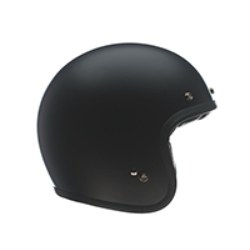

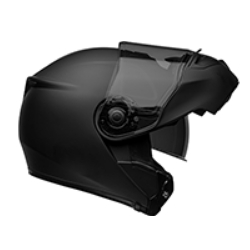

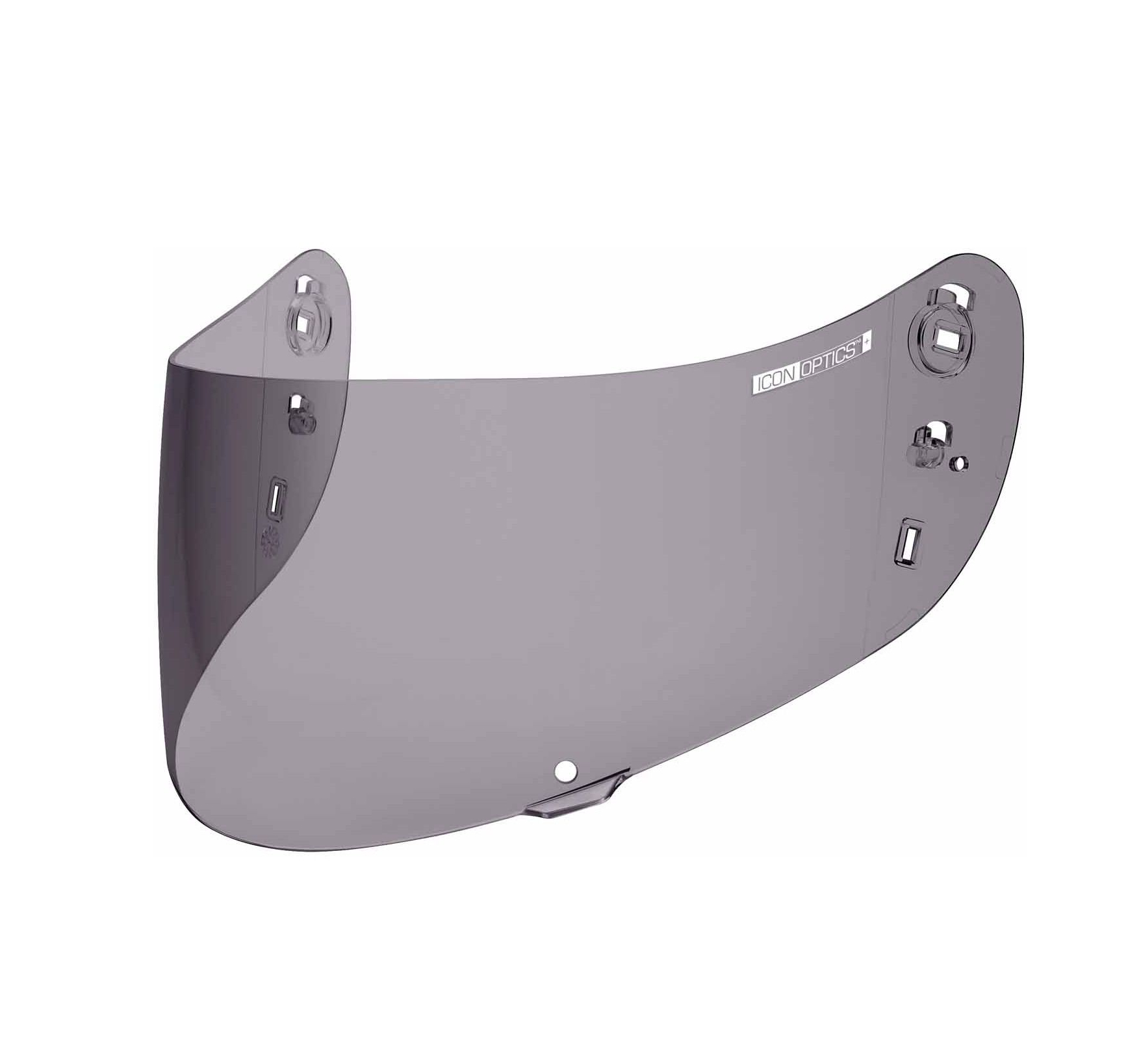
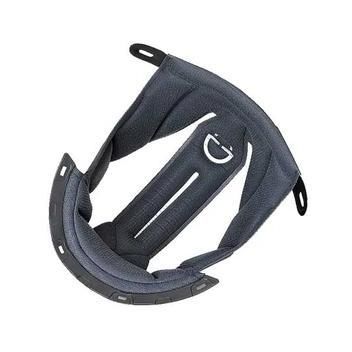
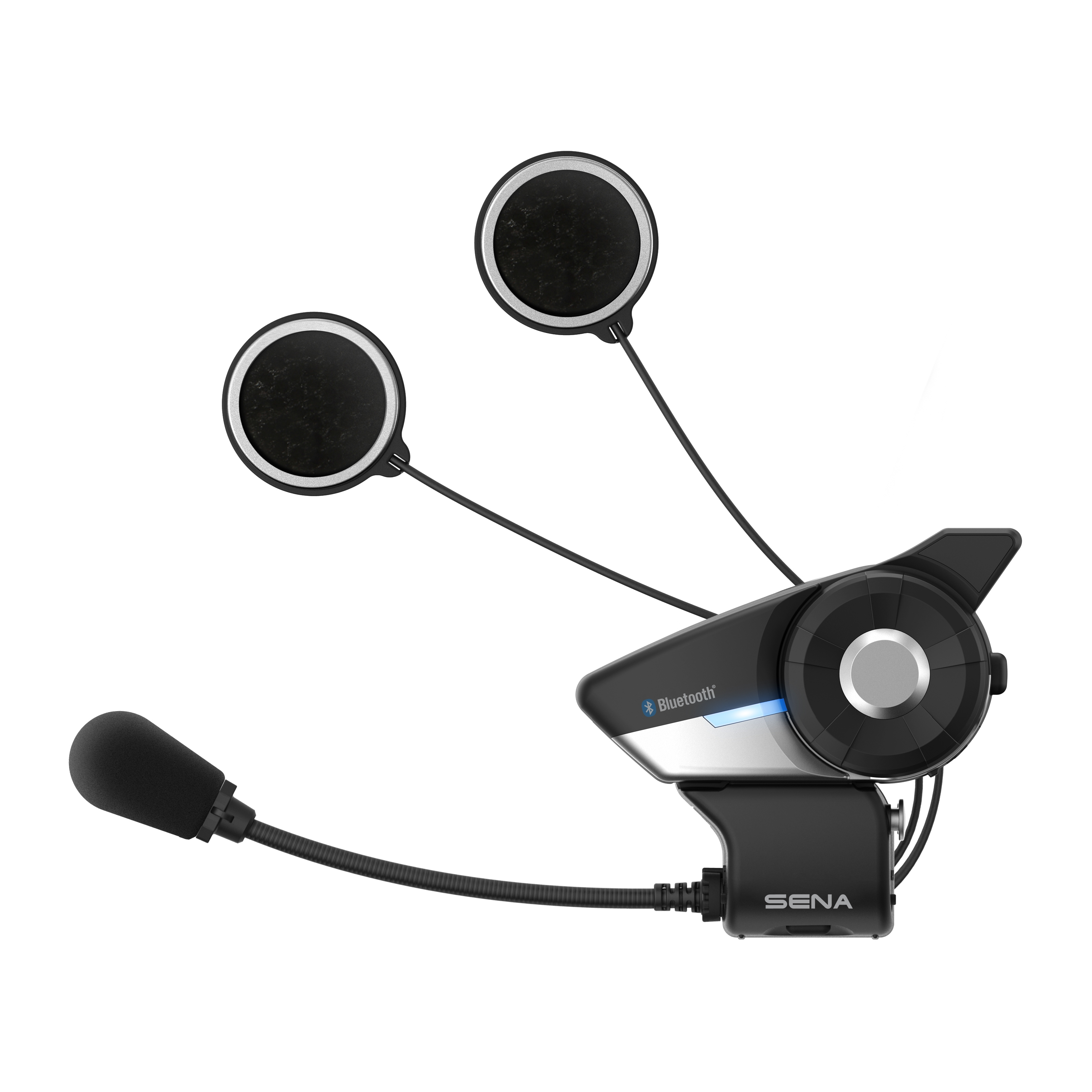
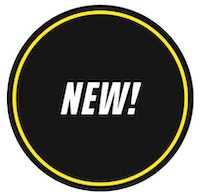
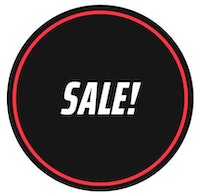
 Membership
Membership


